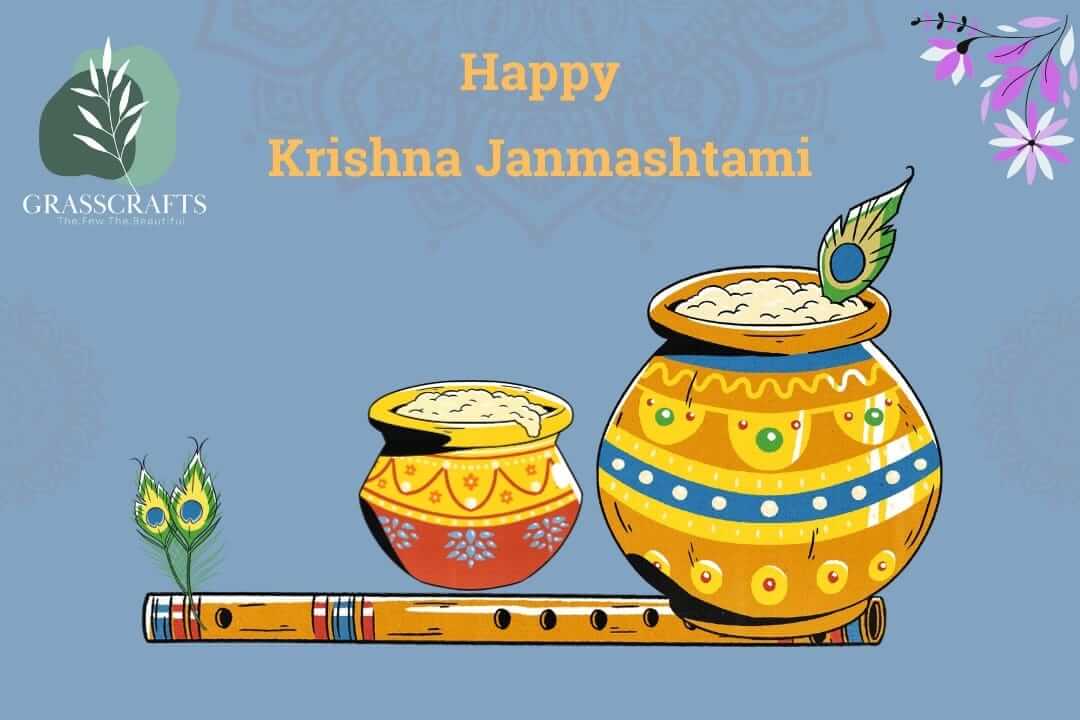
Celebrate Krishna Janmashtami 2024: Sustainable, Eco-Friendly Festivities Honoring Lord Krishna's Birth
Amit DeyKrishna Janmashtami, a deeply revered festival in Hindu culture, marks the birth of Lord Krishna, a central figure in the Mahabharata and the eighth incarnation of Lord Vishnu. Celebrated on the eighth day (Ashtami) of the Krishna Paksha in Bhadrapada (August/September), Krishna’s midnight birth symbolizes the triumph of good over evil, dispelling darkness with divine light.
Born in Mathura, Krishna's birth was marked by miraculous events. His uncle, King Kansa, imprisoned Krishna’s parents, Devaki and Vasudeva, due to a prophecy predicting his downfall. Despite heavy security, Vasudeva carried newborn Krishna across the Yamuna River to Gokul, where he was raised by foster parents Nanda and Yashoda.
Krishna Janmashtami is celebrated with devotion and enthusiasm, beginning with a day-long fast broken at midnight. Devotees gather in temples and homes, chanting prayers, singing bhajans, and performing dances and dramas depicting Krishna’s life and divine acts (leelas). The “Dahi Handi” celebration, particularly popular in Maharashtra, recreates Krishna’s playful nature, with human pyramids breaking pots of curd or butter hung high, symbolizing his childhood pranks.
To celebrate Krishna Janmashtami sustainably, use natural decorations like dried flowers, leaves, and jute. Choose clay or biodegradable Krishna idols and create eco-friendly rangoli with natural colors. Opt for clay or bamboo Dahi Handi pots, organic food offerings, and reusable or biodegradable utensils. Decorate with eco-friendly shola chain lights from Grasscrafts.com, and give sustainable gifts like handmade crafts or plants. Encourage plastic-free celebrations with sabai bags and cane or bamboo baskets. Conserve water during Abhishekam and reuse it for plants.
By incorporating these eco-friendly practices, Krishna Janmashtami can be celebrated in a way that honors both the divine and the environment, preserving the festival's joy and spirituality for future generations.
